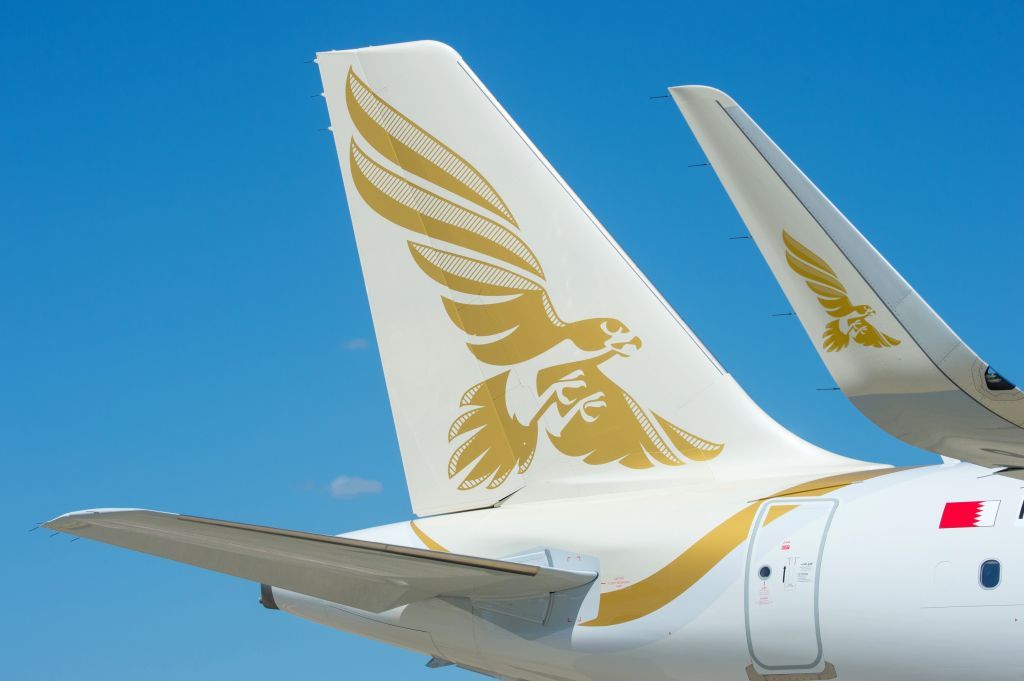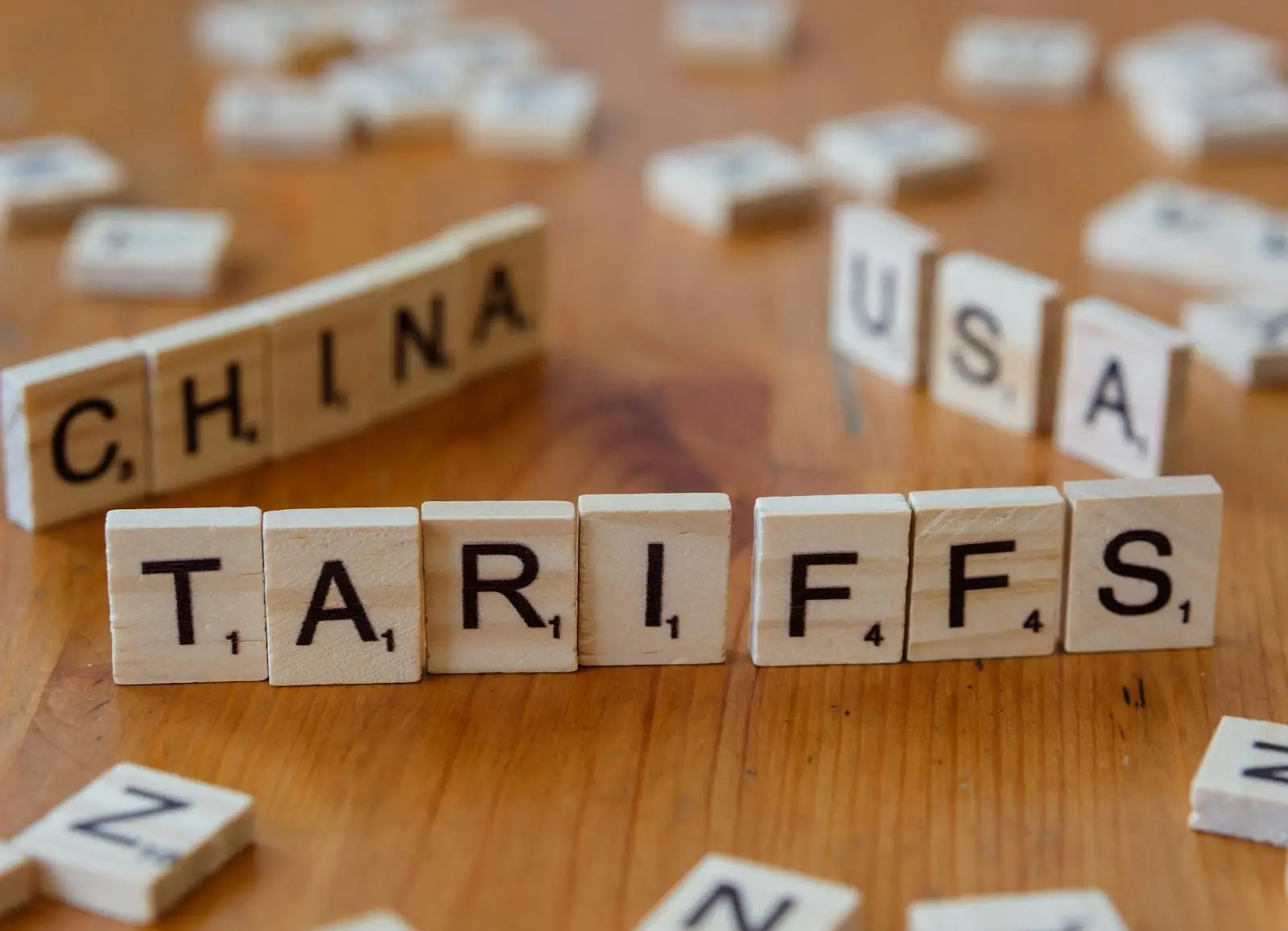ERA (European Regions Airline Association) hosted a Sustainable Connectivity session in co-ordination with MEPs Andor Deli, TRAN Committee and Edina Tóth, ENVI Committee, at the European Parliament today to promote and confirm the industry’s continued commitment to sustainable air connectivity.
With climate change and global warming headlining the world’s media and political agendas, and an outcry of public opinion and support for change, the air transport sector needs to promote its current and future initiatives to continuously mitigate and reduce its contribution to CO2 emissions. Aviation currently accounts for 2 percent of carbon emissions worldwide whilst contributing more than 4 percent of global GDP. The industry has improved its fuel efficiency by 52 percent and aircraft have become 75 percent less noisy over the past 30 years. However, the decarbonization of other industries, together with the growth projections for aviation puts additional social pressure on the industry to meet our global environmental responsibilities.
The ERA Sustainable Connectivity session provided a platform for European airlines – including Braathens Regional Airlines, Widerøe, and Binter together with manufacturer ATR – to promote the work and initiatives being carried out to reduce their environmental footprint. Topics included biofuels, decarbonization and pioneering electric flight.
Additionally, speakers from the wider aviation industry included: Andrew Kelly, ERA President; Andrew Watt, Head of Environment, Eurocontrol; Kai Bauer, Principal Advisor Environment & Sustainability, EASA; and Marian-Jean Marinescu, MEP, TRAN Committee.
Montserrat Barriga, ERA Director General, says: “Passengers value air transport and the benefits it brings on an economic, cultural and personal level. We are concerned about the current discussions around taxation to reduce air traffic demand, that is, the recent joint declaration from nine EU national finance ministers. Passengers not only want to continue traveling but they need to, and it can be done in a more sustainable way. The industry has a responsibility but the airlines alone cannot make decarbonization happen, they need support from manufacturers, governments and other stakeholders. To make sustainability goals and connectivity requirements compatible, we need public incentives to enable the technological breakthrough: making sustainable fuels widely available and commercial electric aircraft a reality. Flying is not a simple binary choice to fly or not fly, it is about sustainable flying.”













